Jasika Nicole is a Hollywood actress.
You may have seen her on The Good Doctor or Punky Brewster.
But there’s one place, going forward, you won’t see her.
In an April 20th op-ed for Entertainment Weekly, she explains why.
In 2020, the 41-year-old auditioned for the part of a cop in a TV remake of a 90’s film.
The character was — in her words — “smart, charismatic, and unafraid.”
[It was] a dream role for lots of women like me in Hollywood.
Yet, something felt uncomfortable.
“False,” even.
As a bit of background, Jasika grew up poor. The Birmingham, Alabama native’s house was “constantly at risk of having the electricity cut off.”
Even so, she felt sympathy for spoiled characters on Dynasty when they didn’t get their way.
And she “nodded…in agreement” when Friends referenced New York’s cultural diversity — despite the show being nearly devoid of nonwhites.
Essentially, she bought what television sold:
I cringed right along with the protagonists of my favorite shows when they were forced to interact with flamboyant gay characters, tsk-tsked with pretend detectives as they cuffed yet another Black drug dealer, yet another troubled brown teenager, yet another trans sex worker.
Along the way, she “developed such a strong muscle of empathy for the white characters…”
Yet, “the muscle for showing compassion for [herself] atrophied.”
Now as an adult, Janika’s on a quest.
And what kind of adult is she?
Per her own description: “a cis, queer, light-skinned Black actor.”
Great op-ed by @TheJasikaNicole about the state of Hollywood and what it's getting wrong about the dynamic between the police and black and brown people.https://t.co/Q02gbVoeD8
— Ron Gilmer📺 (@IdiotboxWatcher) April 21, 2021
She’s trying to “untie the threads” of her “own internalized -isms…”
In addition, she’s refashioning her grasp of a racist world:
I’ve spent the better part of my adulthood…reworking my understanding of how white supremacy and patriarchal ideals have informed my view of the world and both prohibited and benefited me…
But that’s not enough.
And recent events are, from the sound of things, the chickens coming home to roost:
With a focus these past few years on the Black Lives Matter movement and how communities of color have endeavored to rise above the institutions that have been legally allowed to dehumanize and brutalize us, our country is facing a reckoning that has been building steam for centuries.
In order to fight the Power, the entertainer’s shared “as many hashtags as [her] fingers could type…”
She’s given money to “both grassroots organizations and popular political campaigns” in order to “combat classism and anti-Blackness.”
Perhaps most notably, she’s “marched in the streets with [her] city…”
Along the way, the 41-year-old‘s had “conversations with friends and strangers alike about the importance of abolition and what defunding the police actually means…”
She’s certainly not alone in her favor of defunding law enforcement.
Last year, Minneapolis’s city council voted for just that.
It appeared not to go their way.
From MPR in September:
The number of reported violent crimes, like assaults, robberies and homicides are up compared to 2019, according to MPD crime data. More people have been killed in the city in the first nine months of 2020 than were slain in all of last year. Property crimes, like burglaries and auto thefts, are also up. Incidents of arson have increased 55 percent over the total at this point in 2019.
And in July, New York cut its police budget by $1.5 billion.
It was interesting timing:
NYC in the last month saw a 204% increase in shooting victims. @NYPDPBMN, primarily in Harlem, saw an increase of 345% in gun violence victims. The Bronx 167%. Brooklyn North 175%. Brooklyn South 291%. @NYPDPBMS 100%. Queens North 133%. Queens South 267%. Staten Island 133%. pic.twitter.com/rqXnNKxR9r
— NYC PBA (@NYCPBA) July 8, 2020
What followed: a crime spike along with a surge in officer retirement.
Still, Bill de Blasio’s championed funneling the funds to “young people”:
“We’re in a whole different situation in fact than New York City has ever faced in our history – a health care crisis, an economic crisis, a disparity crisis, a budget crisis all wrapped into one and on a massive, massive scale. We’ve gotta focus on those basics health, safety, food, shelter.”
Jasika seems of the same mind — she wants to see cities “divesting from state-sanctioned violence, and investing in communities.”
Speaking of cops, back to last year’s audition: She eventually realized what about the role rubbed her wrong.
I realized it was because the premise of the show wasn’t focused on the complicated ways that police officers abuse their power or how unconscious anti-Black bias flavors the way that Black neighborhoods are policed by mostly white police forces. Instead, it was just a story about one cop. One “good” cop. One cop who was intentionally being cast as a person of color.
It was a cheap attempt:
By casting cops as non-white, Hollywood thinks they can avoid inconvenient discussions about racism and power, but the truth is that you don’t have to be white to uphold the tenets of white supremacy; you just have to believe in its validity.”
She’s had an epiphany:
Suddenly the stakes of the role came into clear focus for me, and I couldn’t imagine willingly perpetuating a distortion such as this, supporting the narrative that cops were generally well-intentioned protectors of all citizens, only occasionally lumped in with a few “bad apples.”
Jasika outlines the malady:
The devastating and unending loss of Black, brown, and indigenous life at the hands of our “protectors” is not occasional. The uncovering of alleged gangs in the L.A. County Sheriff’s Department wreaking deliberate, murderous havoc on communities of color is not occasional. A prison system with racial-based inequities so vile that they are hard to fully comprehend is not occasional. It is consistent, it is intentional, and it has no place being falsely memorialized in TV and film, not by me or anyone else.
And she’s embracing the opportunity to be the role model she needed as a child.
The very least she can do, she notes, is to “uplift the various communities” to which she belongs.
And fight for their representation in a realistic way.
Therefore, the woman’s made a promise: No cop shows for her.
It’s about empowerment:
This is where my power, where all of our power lies — in naming ourselves and naming our futures. In refusing to be defined by anyone else’s words or through anyone else’s lens. In telling our own truths. I want to get better at learning how to turn my privilege into power. Hopefully, Hollywood will want to do the same.
As for “straight white people,” she’d like them to “stop relying on a false sense of superiority to stake their success on.”
So go the career moves and hopes of a Hollywood actress.
In the end, may we all see an end to dehumanization.
In the meantime, personally, I’ll be watching cop shows.
The good kind, that is — ones from the ’80s.
-ALEX
See more pieces from me:
Texas Democratic Representative Claims There Are Six ‘Biological Sexes’
Nickelodeon Schools Kids on the ‘Environmental Racism’ of Pig Farming
Find all my RedState work here.
Thank you for reading! Please sound off in the Comments section below.
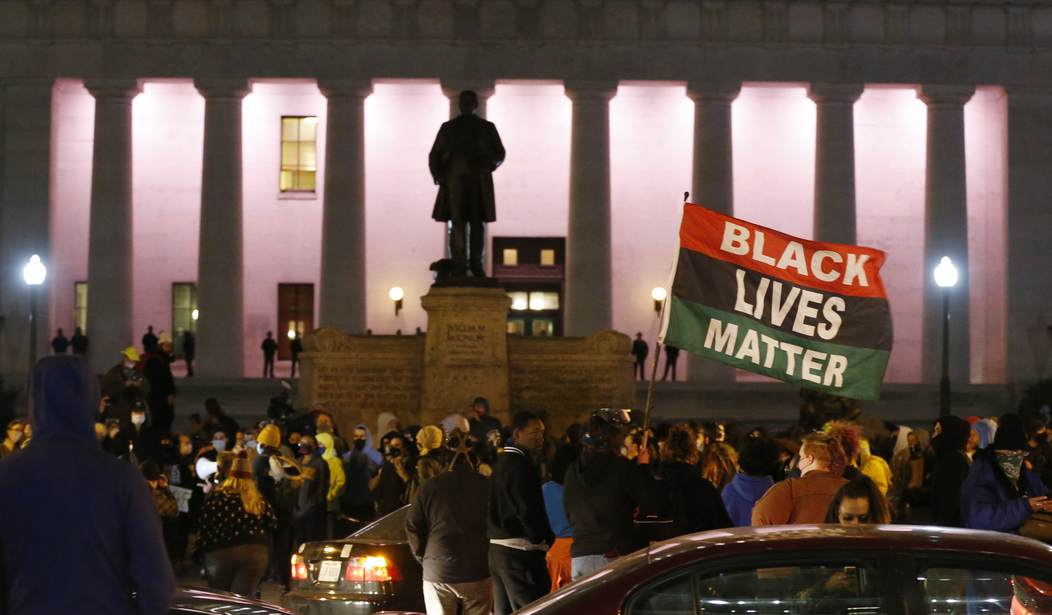


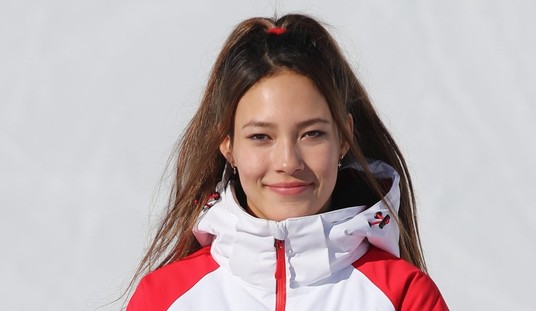

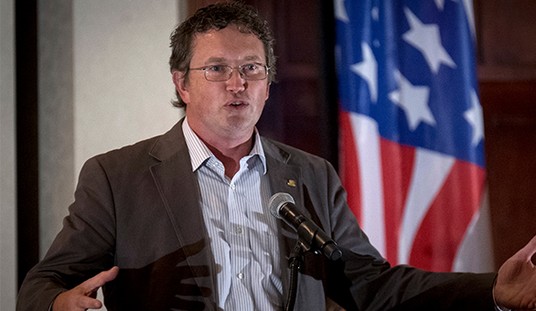

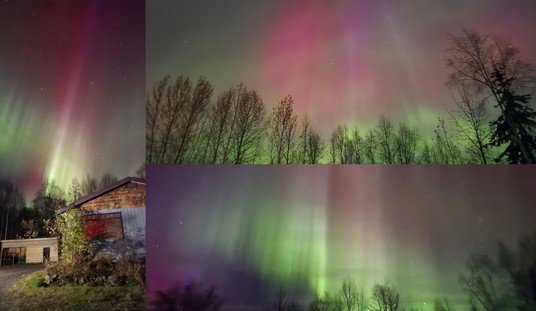

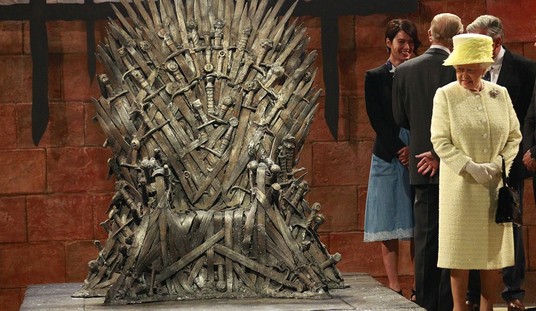



Join the conversation as a VIP Member